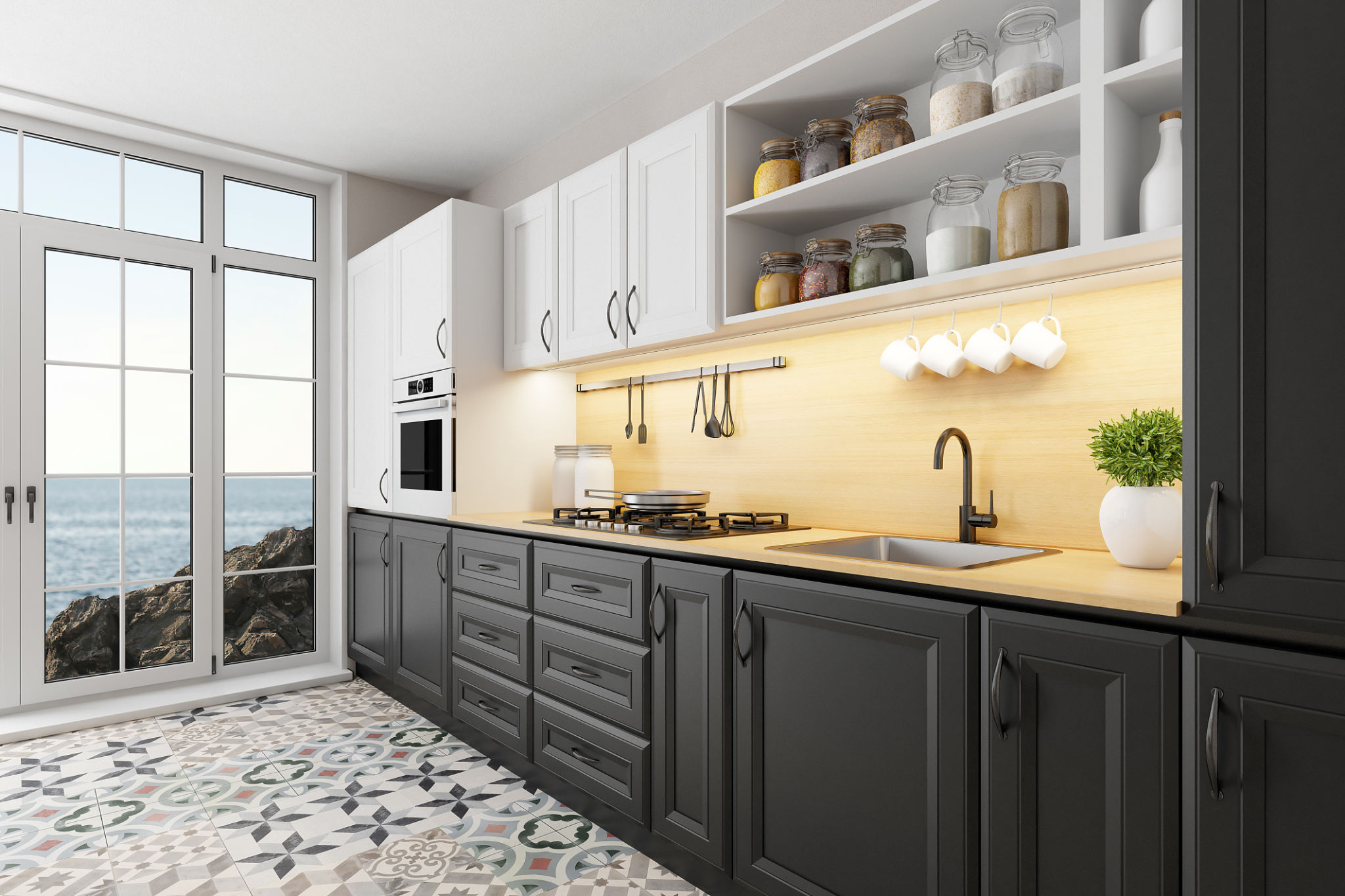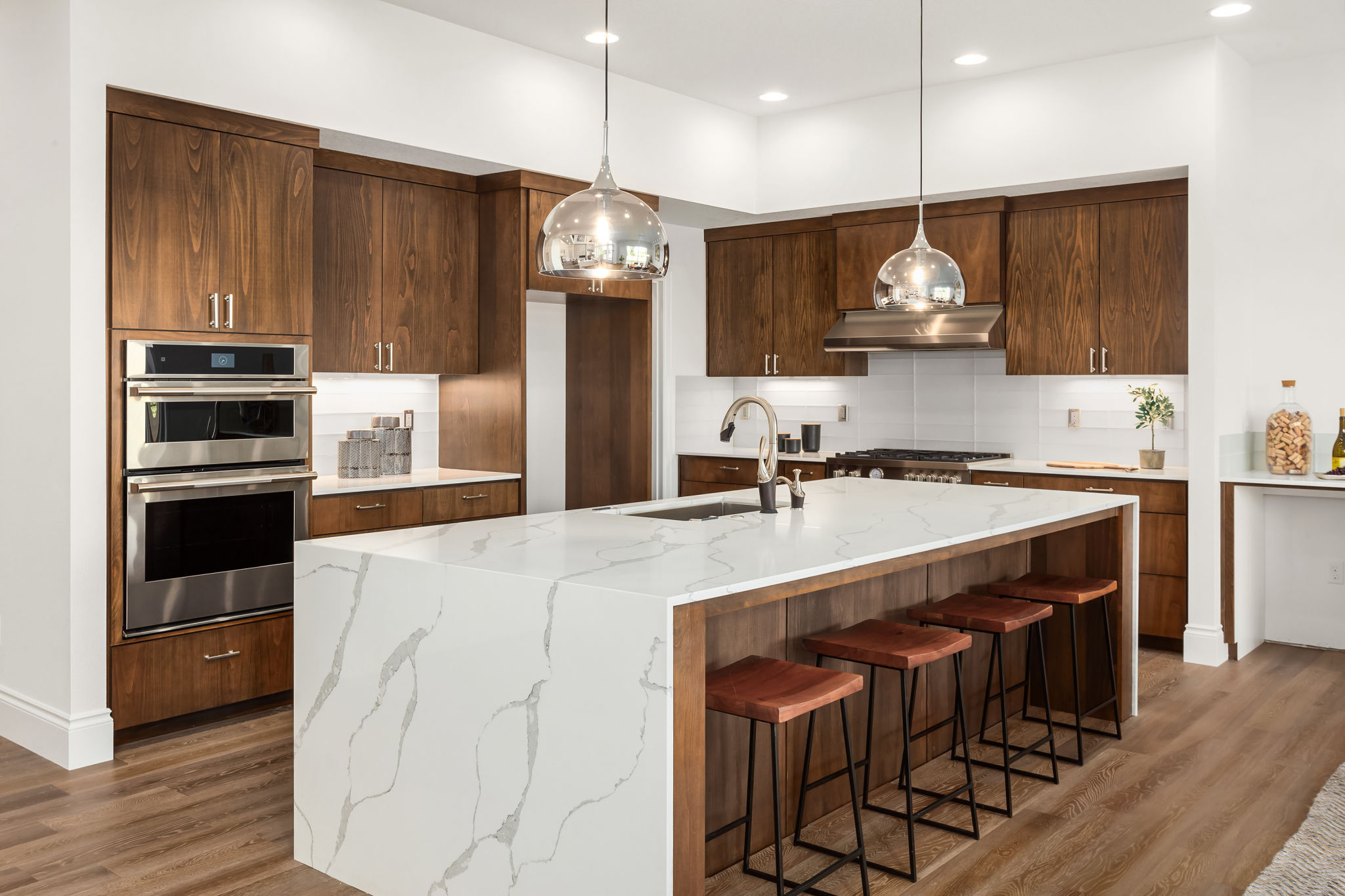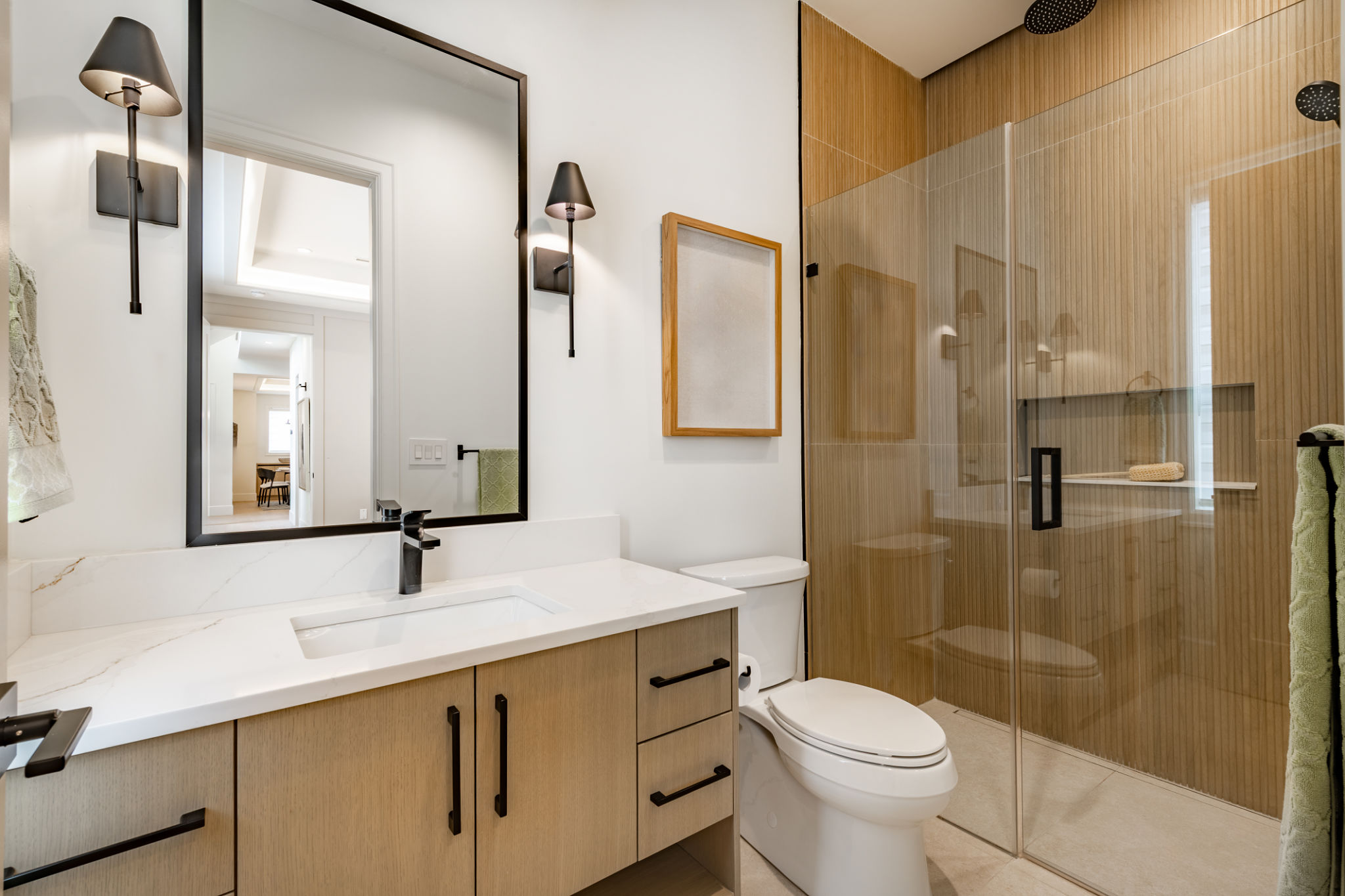Comparing Kitchen and Bath Renovation Costs: What You Need to Know
Understanding the Basics of Renovation Costs
When considering a home renovation, the kitchen and bathroom are often top priorities. These spaces not only provide essential functions but also significantly impact the overall value of your home. Understanding the costs associated with each can help you budget effectively and make informed decisions.
Kitchen and bath renovations vary widely in cost due to factors such as size, materials, and complexity of design. On average, a kitchen renovation tends to be more expensive than a bathroom renovation. This is primarily due to the larger space and the need for appliances and cabinetry.

Factors Influencing Kitchen Renovation Costs
Size and Layout
The size and layout of your kitchen are critical determinants of the renovation cost. A larger kitchen will naturally require more materials and labor. Additionally, if you plan to change the layout significantly, expect to incur higher costs due to plumbing, electrical, and structural modifications.
Materials and Appliances
The choice of materials can greatly influence the overall cost. High-end countertops like granite or quartz, custom cabinetry, and premium appliances will increase expenses. However, there are more budget-friendly options available that can still offer a stylish look without breaking the bank.

Factors Influencing Bathroom Renovation Costs
Size and Complexity
Similar to kitchens, the size of your bathroom will affect the renovation cost. Small bathrooms might seem inexpensive, but complexities such as plumbing adjustments or adding a luxury shower can escalate costs quickly. The complexity of the design also plays a significant role in determining expenses.
Fixtures and Finishes
Bathrooms require several fixtures such as toilets, sinks, and tubs. The choice between standard or luxury fixtures can create a cost variance. Additionally, opting for high-quality finishes like tiles or custom vanities will increase the financial outlay but can enhance the bathroom's aesthetic appeal.

Budgeting Tips for Renovations
To manage costs effectively, it’s crucial to set a realistic budget from the outset. Consider what elements are most important to you and allocate funds accordingly. Prioritizing essential aspects over luxury upgrades can help keep expenses in check.
It’s also wise to set aside a contingency fund for unexpected expenses that often arise during renovations. A buffer of around 10-15% of your total budget is a prudent measure to ensure you’re prepared for any surprises.
Return on Investment Considerations
Both kitchen and bathroom renovations can offer substantial returns on investment (ROI), especially if you plan to sell your home in the near future. Kitchens typically offer a higher ROI due to their central role in home functionality and appeal to potential buyers.
However, a well-executed bathroom renovation can also attract buyers and add considerable value to your home. It's essential to balance personal preferences with choices that enhance property value when planning renovations.

Conclusion: Making Informed Decisions
Ultimately, deciding between kitchen and bath renovations depends on your personal needs, budget, and long-term plans for your home. By understanding the various cost factors and potential returns, you can make informed decisions that enhance both your living space and property value.
Whether you're looking to create a culinary masterpiece in your kitchen or a tranquil retreat in your bathroom, careful planning and budgeting are key to a successful renovation project.
